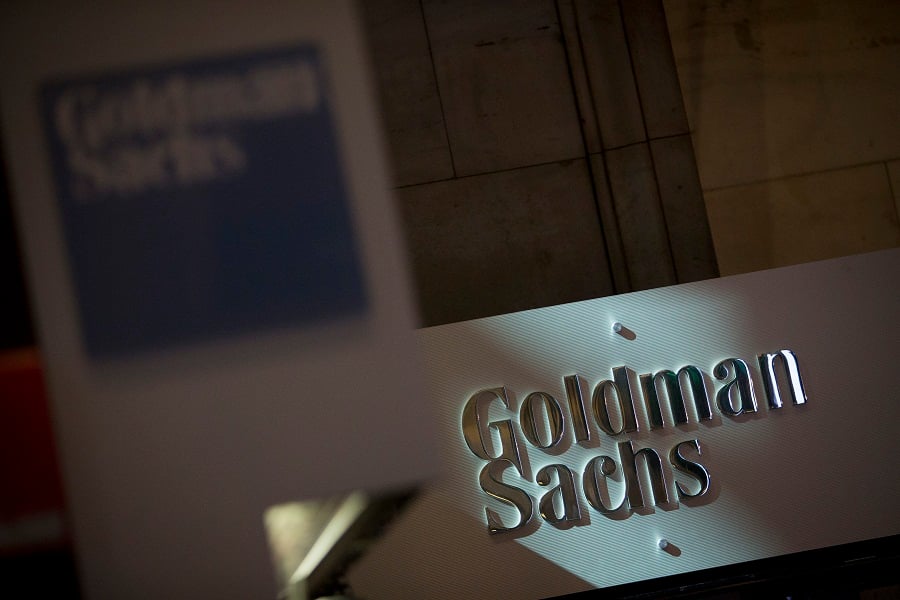

Goldman Sachs Inc. has scrapped plans to launch a digital wealth offering this year, delaying its ambitious push into the mass-affluent marketplace.
The storied Wall Street investment bank originally announced a robo-adviser last year, which the firm built in-house and hoped to launch sometime in 2020. But COVID-19 and the ensuing economic turmoil made for a swift change in plans.
“While we continue to pursue growth in our overall wealth franchise, we are acting prudently in the current environment,” John Waldron, Goldman president and chief operating officer, said at a virtual event Wednesday. “We have decided to slow our adviser hiring activity for this year, and we will defer the launch of our digital wealth offering into 2021.”
Traditionally, Goldman has offered advice only to the ultra-wealthy, defined as investors with more than $10 million of investible assets. At its first-ever investor day in January, Eric Lane, co-head of the bank’s consumer and investment management division, said its combined share of the high-net-worth and mass-affluent marketplace was well under 1%.
A Goldman Sachs spokesperson confirmed the delay, but declined to comment further on the announcement.
In 2018, Goldman restructured its four-year-old online bank Marcus to streamline operations. The firm hoped the addition of a robo-adviser would help it transform from an elite bank for the ultra-wealthy to more of a digital platform with an eye toward Main Street investors. Goldman still has plans to launch Marcus checking accounts in 2021.
The Wall Street investment bank is among the last among its competitors to launch a robo-adviser platform.
While robo-advice may not be core to the Goldman Sachs strategy, it would provide an outlet for the distribution of Goldman funds. A handful of other asset managers have purchased digital platforms in recent years in part to offer proprietary funds to a larger swath of retail investors.
In 2019, Goldman bought United Capital for $750 million in cash as part of its transition. United had approximately $25 billion in AUM, $230 million in revenue and close to 100 offices around the country at the time. The firm’s FinLife CX digital platform and financial planning software came along in the deal.
The bank broke out results for private banking and wealth management for the first time in its history in January as part of its fourth-quarter report. That business brought in $4.4 billion in revenue for 2019, results that paled in comparison to the brokerage behemoths at Morgan Stanley and Bank of America Corp., and were almost 40% smaller than the similar division at JPMorgan Chase & Co.

Former Northwestern Mutual advisors join firm for independence.

Executives from LPL Financial, Cresset Partners hired for key roles.

Geopolitical tension has been managed well by the markets.

December cut is still a possiblity.

Canada, China among nations to react to president-elect's comments.
Streamline your outreach with Aidentified's AI-driven solutions
This season’s market volatility: Positioning for rate relief, income growth and the AI rebound
